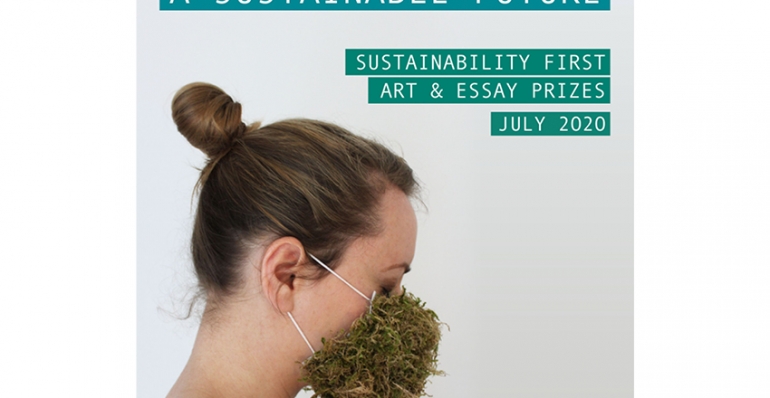This discussion paper begins by exploring the importance of engagement in terms of delivering public value. It considers the reasons why engagement is important, different types of engagement and the concept of engagement maturity.
It then puts forward Sustainability First’s ‘Essential Services Utopia’ proffering some key outcomes we should aspire to achieve in the water and energy sectors, and which engagement can play a key role in delivering. The paper then highlights 26 recommendations to maximise public value. There is much good work going on in this area but to really seize the ‘engagement opportunities’ available, we consider that decision makers should stand back and ask some fundamental questions about their approach.


_medium.png)






